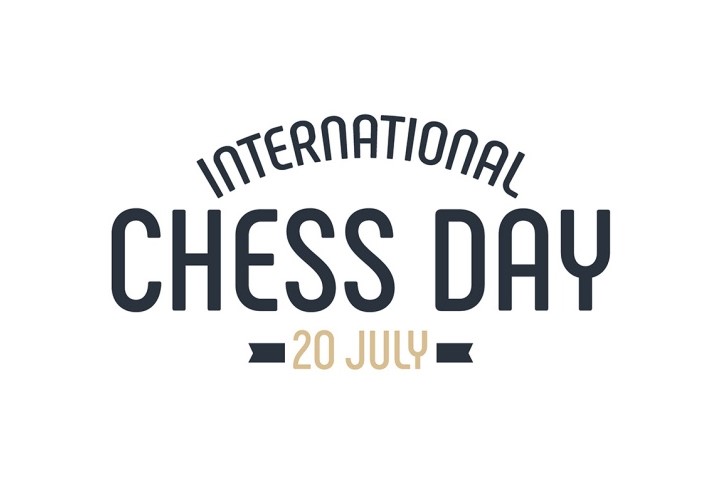


Sixty-four years ago a 13-year-old boy played 17...Be6!!, sacrificing his queen and entering his name in the history books: Robert James Fischer, known to the world as “Bobby”. The game was hailed as the “Game of the Century” and has been discussed in countless chess books and collections. It is worth taking another, more careful look at this game.
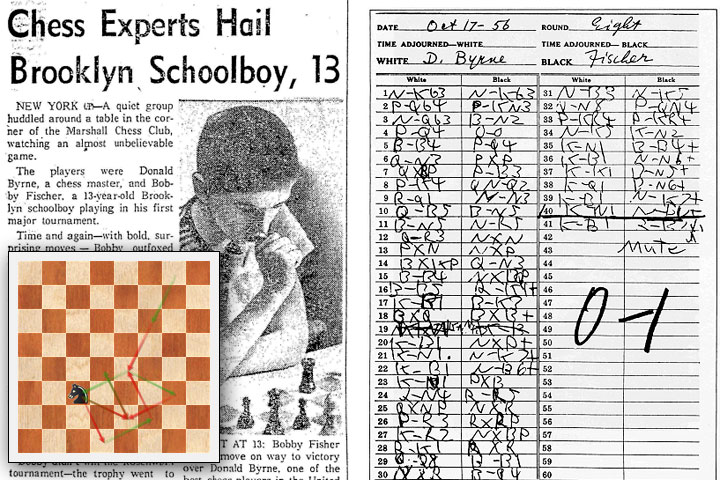
17...Be6!! The move that brought the 13-year-old instant world-wide fame. Reuben Fine gave it four exclamation marks (“An astounding reply...which wins in all variations”), Flohr gave it three. “To have foreseen this spectacular queen sacrifice several moves in advance – as Fischer must have done – is extraordinary”, writes Graham Burgess in The World's Greatest Chess Games.
David Bronstein was certainly one of the most creative players in the history of chess. In 1951 he drew a World Championship match against Mikhail Botvinnik who thus narrowly defended the title. Vlastimil Hort remembers encounters with “my David Ionovich”, including how a promise to play the King's Gambit in 1970 came back to haunt him 24 years later!
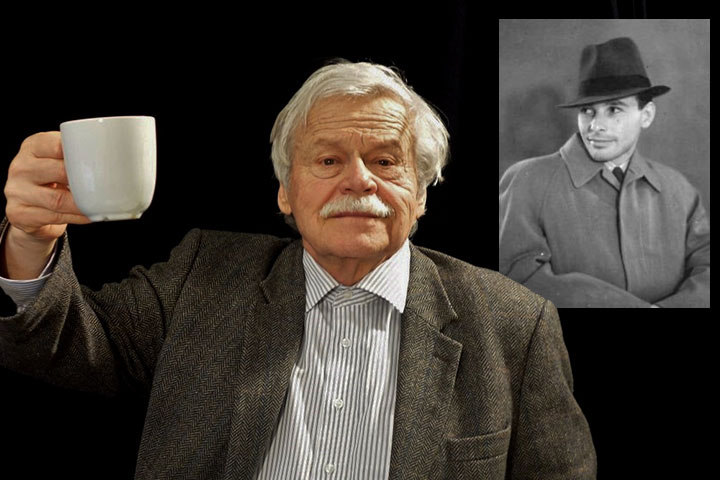
Hort writes:
Unfortunately, our last contact was by phone: Prague to Minsk, June 2006. Pavel Matocha from the Chess Society Prague and I would really love to see him play in the "Snowdrops vs Old Hands" match. He was really happy about the unexpected invitation but unfortunately had to decline because of health issues. His quiet voice at the telephone sounded very sad. Half an hour later, Matocha and I tried again. Our offer: “You are welcome to come with a companion, you don't have to play. We would be happy if you could participate in the tournament as guest of honour”.
“Thank you, I appreciate that someone is still remembering me. In 1946 I was very happy in Prague. I will never forget the Czech beer and the Spekacky at Wenceslas square.” Those were his last words.
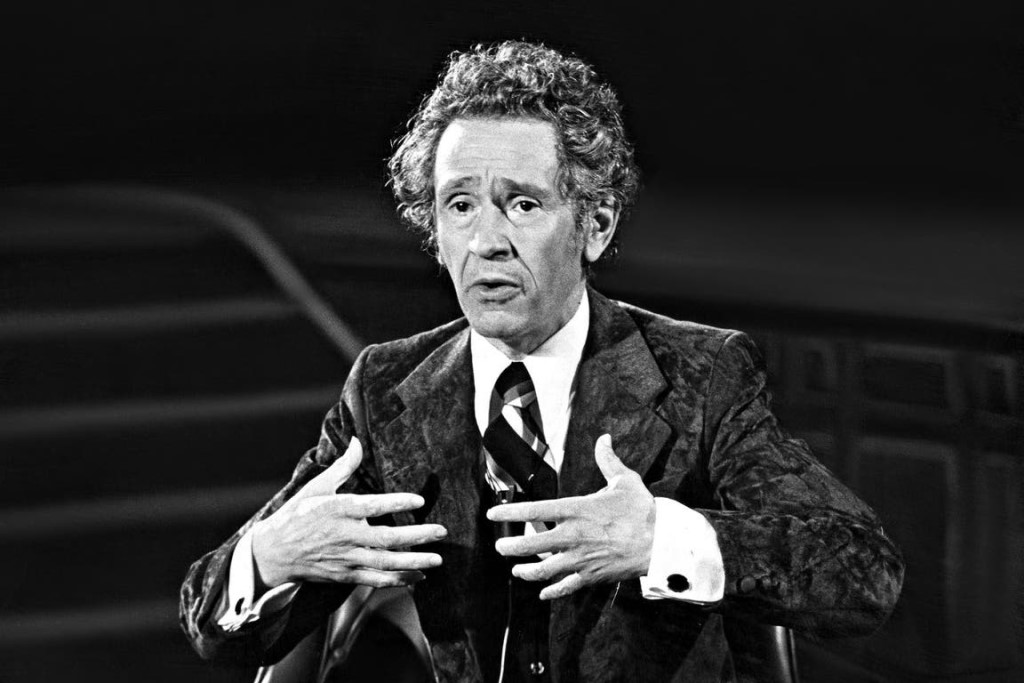
Photo: El Universal México
Mexican writer Juan José Arreola was a master of brief subgenres, such as the short story, the epigram, and the sketch. He was also a huge chess fan. In this interview by Javer Vargas Pereira from 1997, Arreola, with his usual wittiness, talks about why he devoted so much time to the game, explaining that “poetry and chess are impossible for man, they are beyond his reach”.
When asked about inspiration, Arreola responds:
This word is indispensable. Great players are those capable of being inspired, of falling into the trance of inspiration. Suddenly they see a series of possibilities seized by that trance of inspiration that is completely similar to artistic creation. That is why it is said that there are games that are as perfect as Beethoven’s quartets, as trios, as duets — the wonder of harmonizing one move after another. But those who are dominated by that superior force called inspiration...It is incredible — we find it in art, and when we find it in chess it happens in an almost intelligible way, because we can analyse the game afterwards: while with a poem you need to be an exceptional critic to be able to analyse it, in a game you sometimes notice the moment when you enter a winning position.
“The most important thing is to choose the moves you want to play — not somebody else, let alone an engine. They may not ‘theoretically’ be the best, but unless they can palpably be refuted you will do better with them than something ‘better’ which makes your stomach turn”, concludes star columnist Jon Speelman after exploring a number of instructional examples, including a couple of his games against Garry Kasparov!
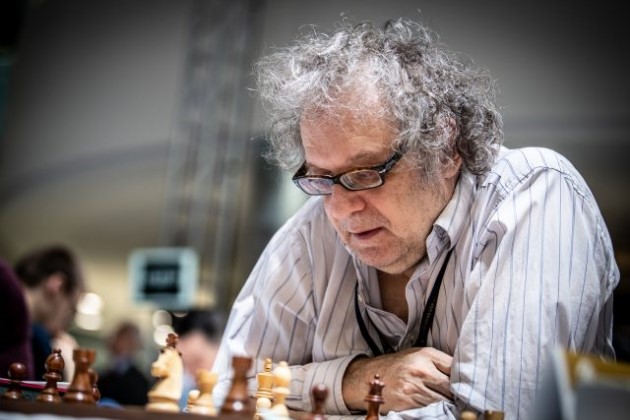
Photo: David Llada
The game I won was sufficiently flawed that I didn’t include it in my “Best Games” book, preferring instead one game where I managed to draw after playing a move which bamboozled him but that still eventually led to an unpleasant ending.
Here I very much enjoyed playing 21...Be3 even though I suffered later.